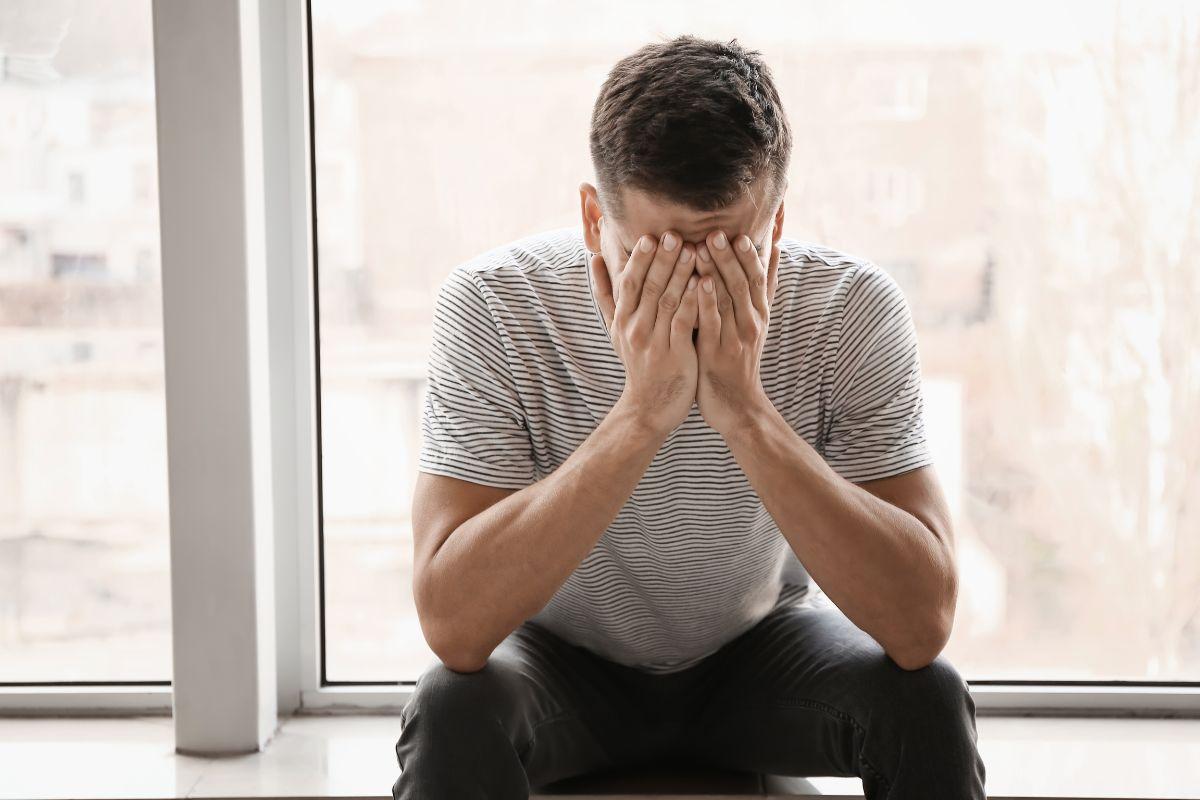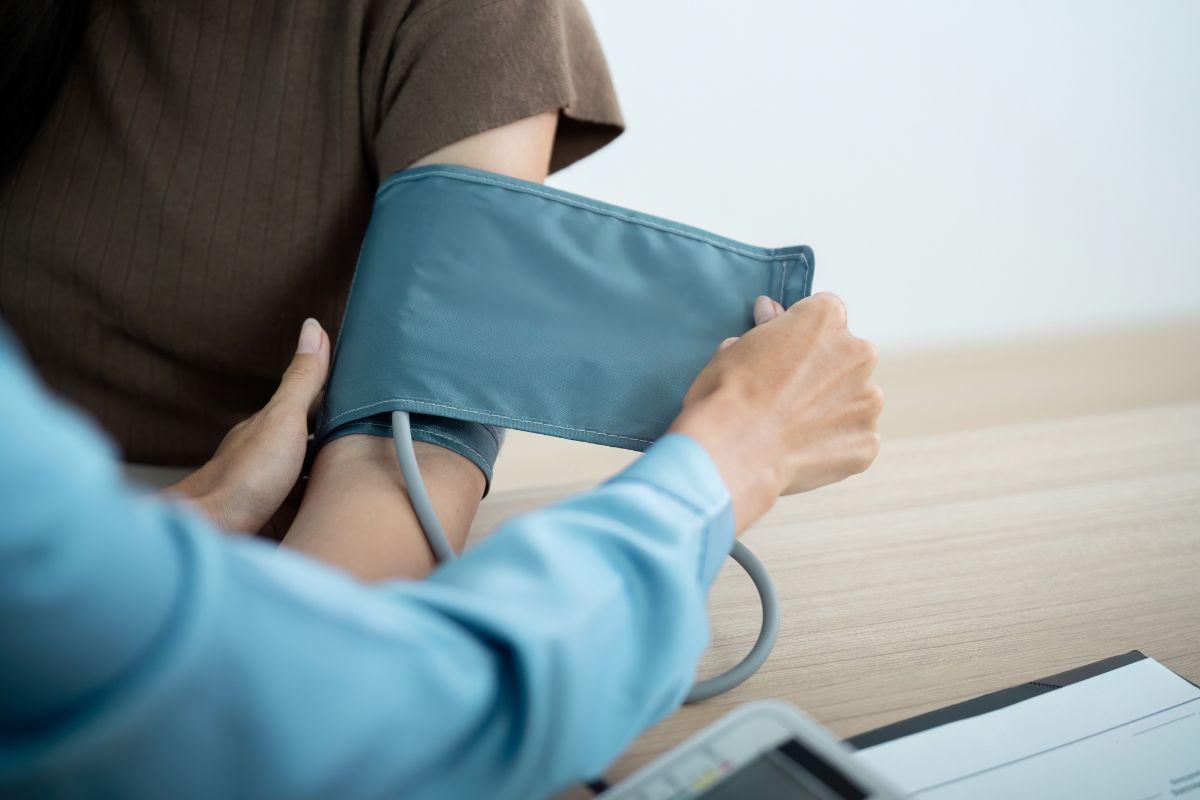Many individuals are facing specific health challenges during the current global COVID-19 crisis, especially the older population. The respiratory health of a young and very physically fit population, on the other hand, may seem less of a consideration. Yet, for athletes, para-athletes, and clinicians concerned with their health, it is important to follow specific guidance to ensure their wellbeing.
Regular physical activity plays an important part in all our lives helping to enhances our immune system and making us less likely to contract infectious diseases. However, fitness levels do not provide a guarantee against COVID-19.
Professional athletes who perform in competitive sport have been infected by the virus and some have developed severe illnesses. It is also possible other athletes may have been infected but asymptomatic and never realised they carried the virus.
Rest is best before returning to play
Since the novel coronavirus is novel much about its short-term and long-term effects on the body remain unknown. Many sports professionals are questioning should an athlete resume training if they have recovered from a bout of COVID-19, tested positive for the virus, or suspect they might have been infected.
Dr James Hull, consultant respiratory physician at Royal Brompton Hospital, has co-authored an update in The Lancet and urges caution. He comments, “Many of these athletes might now feel ready to resume heavy training. But the usual return-to-play criteria for sick athletes probably do not apply to someone who has been infected with the coronavirus.”
Historically, sports medicine physicians have relied on the “neck check” to decide if and when an athlete with a respiratory condition should train. Using this measure, if an athlete’s symptoms are confined, to the above or in the neck, such as sinuses problems or nasal congestion, he or she usually would be cleared to train and play. However, COVID-19 is cause for concern because in some people, the illness can seem benign at first, then they rapidly go downhill.
Dr Hull comments, “We have seen people have some mild symptoms to start with which seem to improve. Then they deteriorate really badly at seven days following their first symptoms. Because of this potential disease trajectory, it is important athletes do not resume very rapidly to vigorous exercise when symptoms start to initially to improve, especially in those first seven days.”
Instead, it is recommended athletes who have tested positive for the coronavirus or suspect they might be positive to rest, without any exercise, for at least 10 days from the point when they first feel symptoms. Then, assuming their illness remains mild, they should continue to rest for another week, even after their symptoms resolve. After this they should return to a graduated return to play strategy.
Return to training after COVID-19
It is advisable athletes and committed exercisers who have tested positive for the virus but have mild or no symptom, or who worry they might have been infected without testing, to stay home and rest for at least two weeks from the date of their first symptoms or positive test.
After a minimum of two weeks of resting at home and assuming symptoms have improved it is advised to return to exercise training, with a wary eye on symptoms. Many athletes have pre-existing asthma or respiratory issues so it is important these are well managed and diagnostic testing carried before returning to exercise.
“You might have a mild cough and minimal shortness of breath when returning to sport now,” Dr Hull says. But those symptoms should lessen day by day, he says. If they do not or you develop new wheezing or shortness of breath, “go to your doctor and get your chest examined,” he advises, or arrange a telephone consultation.
If that athletic individual has symptoms below the neck such as chest pain, breathlessness, production of sputum, or a fever then it is recommended they do not continue to exercise.
There have been cases where people infected with the coronavirus have had unusual cardiac responses, even among robust athletes. But as this is a novel virus, experts are not certain how individuals will respond in different ways.
Dr Hull explains, “We know from the published data that this appears to be a very pro-thrombotic infection. Numbers of individuals, even with mild disease, have developed pulmonary emboli, and so it is vitally important that sports clinicians have a high reason for suspicion for pulmonary embolism in the returning athlete.”
Any athletes who have been hospitalised or bedridden by COVID-19 will most likely need extensive pulmonary and cardiac testing and clearance from their physicians before working out again.
But for those of us who are casual exercisers who have not tested positive for the virus or felt ill during this pandemic, walking, jogging, cycling and other activities remain safe and desirable. With proper social distancing and face covering, of course, exercise contributes positively to our wellbeing.
Book an appointment with Royal Brompton Hospital Private Care




